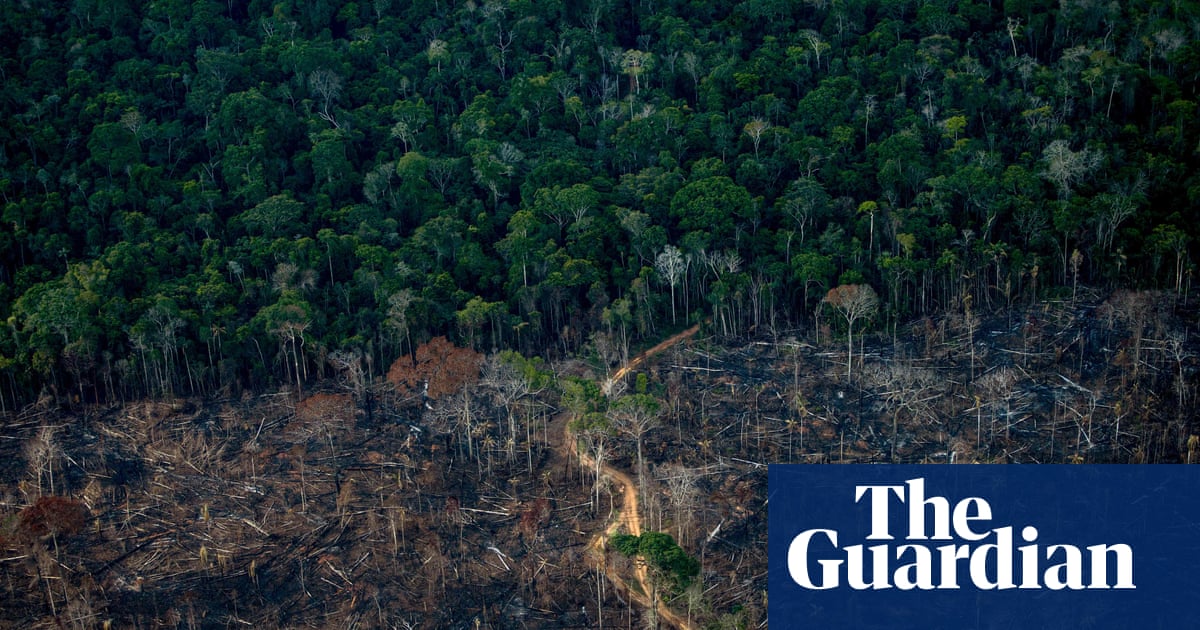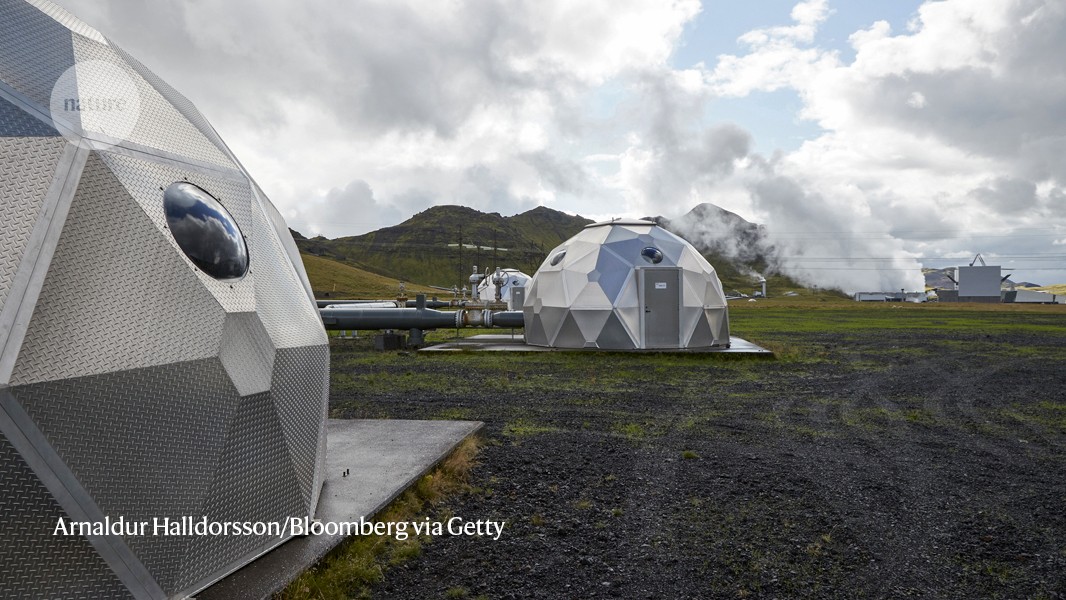- Location
- Glen Clova, Angus, DD8 4RD

Carbon credit speculators could lose billions as offsets deemed worthless
Many credits in the voluntary market going unused, with study finding some offsetting could make global heating worse
Carbon credit speculators could lose billions as scientific evidence shows many offsets they have bought have no environmental worth and have become stranded assets.
Amid growing evidence that huge numbers of carbon credits do nothing to mitigate global heating and can sometimes be linked to alleged human rights concerns, there is a growing pile of carbon credits equivalent to the annual emissions of Japan, the world’s fifth largest polluter, that are unused in the unregulated voluntary market, according to market analysis.











